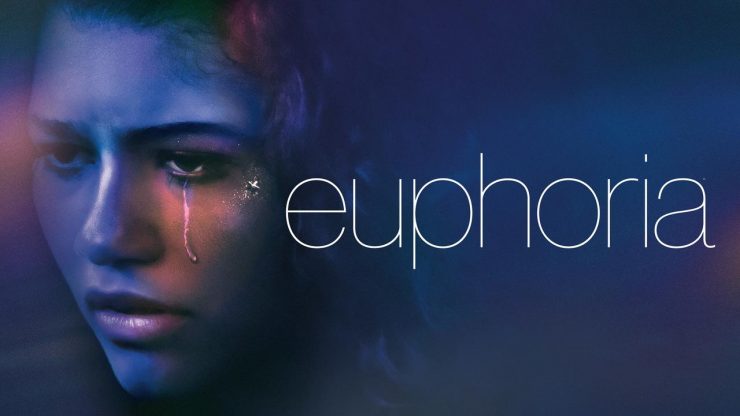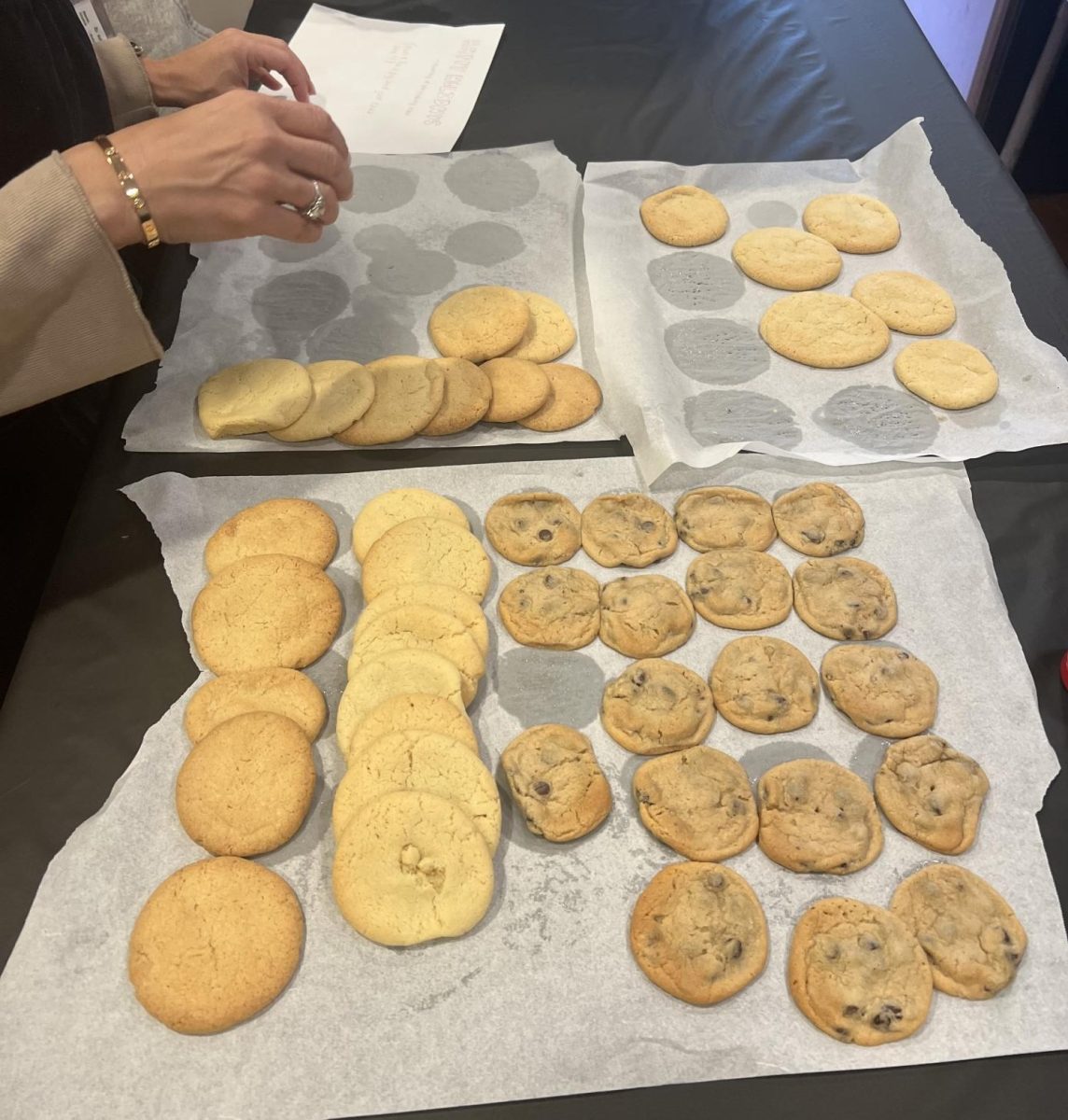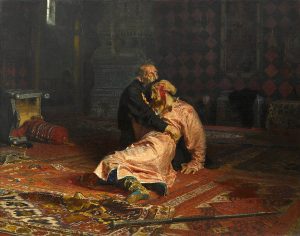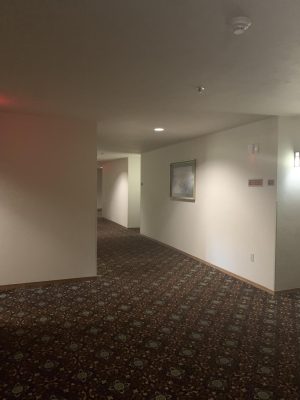Does HBO’s Hit Show ‘Euphoria’ Glamorize Drug Abuse?
The ‘Euphoria’ Season 2 premiere marked “the strongest digital premiere night performance for any episode of an HBO series since the HBO Max launch and a series-record more than double the Season 1 premiere.”
February 18, 2022
Nowadays, it’s nearly impossible to scroll through your social media feed or walk through your school hallways without endless chatter about the latest season of Euphoria. Even if you haven’t been tuning in to its weekly Sunday night premieres, there’s a high chance you already know just how deranged Nate Jacobs is, or you can quote one of Maddy Perez’s iconic lines (“B*tch, you better be joking”).
Euphoria is an HBO original that shines a spotlight on the toils of modern teenage girlhood: toxic relationships, absent parent figures (both literal and figurative), crumbling friendships, and in some instances— crippling drug addiction. We follow our main character Rue Bennett–portrayed by none other than the very talented Zendaya–as she battles her struggle with mental illness on top of an addiction to pills, heroin, and other opiates.
‘Euphoria’ faces backlash for glorifying substance abuse
Representatives of D.A.R.E. (Drug Abuse Resistance Education), recently slammed Euphoria for glamorizing its depiction of drug use and driving its younger audience to be curious about it. The youth-targeted drug prevention program stated that the show “chooses to misguidedly glorify and erroneously depict high school student drug use, [and] addiction.”
I find this statement to be true—to a certain extent. Some episodes of the show’s first season sometimes portray drug use in an attractive light. A euphoric haze of neon light, sparkly makeup, dramatic camera shots, and an atmospheric soundtrack often accompany Rue and other characters as they ride a substance-induced high.
When we first meet Rue in Episode 1, Season 1, she describes drugs as an escape from her anxiety-ridden brain, the only time, “the world went quiet. And I felt safe, in my own head.” I admit, even I became a little curious about drugs. The glittery, colorful way they were portrayed appealed to me. Manufactured bliss. It was a painless form of escapism that couldn’t be all that harmful. Right?
Wrong. Those glittery scenes are short-lived, quickly juxtaposed with blazing fits of Rue vomiting, punching walls, and screaming in her mother’s face. When the show hit its second season, it quickly began to expose the gritty and devastating consequences of substance abuse.
It’s all fun and games…until it’s not
The flashy, “aesthetic” coolness in the first season reflects the real-life trajectory of drug addiction. Many addicts describe the early years of using as fun and seemingly harmless. You feel happy, alive, confident, like some rock star ready to shred. It feels good in the moment…until you’re enslaved by the substance. Then, it becomes your lifeline; you’re clinging to it with a fierce desperation that inevitably morphs into destruction. You start destroying your relationships with your family and friends, gaslighting, and hurting yourself and everyone around you.
When Rue gets exposed for lying about her sobriety in front of her family, friends, and girlfriend, the threat of rehab sends her down a brutal spiral of rage, withdrawal, and eventually a high-speed police chase. The coin is flipped. What started as rose-tinted sweet relief ends in utter demolition.
Episode 5, Season 2 of Euphoria alone did more for me in 15 minutes than what hundreds of anti-drug campaigns have done in years. Poorly edited posters clad with “Say No To Drugs” slogans are often empty words that carry no profound impact (and are honestly a bit irritating). However, seeing a massively relatable and loved character drive herself to ruin strikes a chord like no other. I don’t think there’s a single person who watches Rue threaten to kill her own mother, break her little sister’s bedroom door, destroy her entire home, run from the police for hours, and think – wow, I want to be just like her.
In the end, ‘Euphoria’ provides an important and raw portrayal of drug addiction
While Euphoria is a show of many flaws, I don’t believe this whole “glamorization of drugs” is one of them. There is literally an entire therapy-style episode where Rue sits down with her mentor, a recovered crack addict, and they discuss how drugs have ruined their lives: 50 (emotional) minutes of just that.
The show’s director and sole screenwriter—Sam Levinson—has firsthand experience battling drug addiction himself. At the 2019 premiere, Levinson told the audience, “I spent the majority of my teenage years in hospitals, rehabs, and halfway houses. I was a drug addict, and I’d take anything and everything until I couldn’t hear or breathe or feel.” Now 14 years clean, Levinson is telling his story of addiction through the eyes of Rue Bennett, a teenager on her own journey of addiction, withdrawal, and (hopefully) recovery.
“I think it’s crucial that film and television portray addiction in an honest way,” Levinson expresses. “That we allow for its complexities to play out. That we show the allure of drugs, the relief they can bring, because that’s ultimately what makes them so destructive.”











